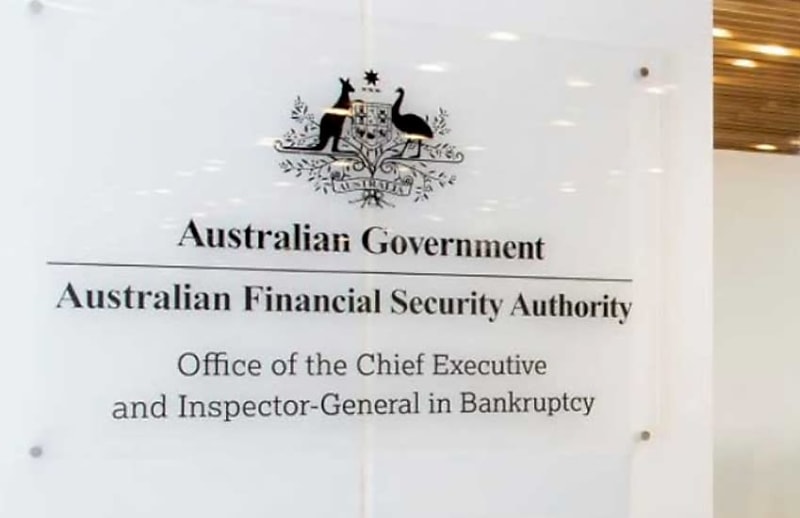The Australian Financial Security Authority “won’t back down” from its “deliberate nudge” to get more women into the insolvency profession after it recorded a 4 per cent growth in female bankruptcy trustees over the past two years, according to chief executive Tim Beresford.
Only 13 per cent of the country’s 250 registered trustees are women, and that number would be even worse without AFSA's policy that positively discriminates in their favour, he said.
You’re out of free articles for this month
Beresford said that as the regulator responsible for overseeing the personal insolvency system, worth around $15 billion, AFSA had a “responsibility, an obligation” to attempt to rebalance the cohort of trustees.
While AFSA had no control over the hiring rates of trustees, which were determined by the insolvency firms to which they were employed, it could create “positive nudges” in the system by mandating one in five bankrupt estates be assigned to a female practitioner, he said.
“It’s a very deliberate nudge to distribute 20 per cent of estates to female trustees – a disproportionate number of estates. It’s a signal to the market,” he said.
“We aren’t going to back down from it, it’s our choice and that's what we're doing. We're going to stick with it.”
When AFSA’s initiative was implemented two years ago, women only accounted for 9 per cent of the nation’s 250 registered trustees. Now, the percentage has grown to 13 per cent.
“When I speak to senior leaders of registered trustee firms, that nudge is really changing behaviour because people can actually see and provide opportunity for females to become trustees to actually hire women, to promote women.”
Recent statistics show 40 per cent of trustees coming into the profession in the last two years were women, and “the majority of those leaving the system are men”.
“That’s positive in terms of status change the nature shape and context of the registered trustee employment market,” Beresford said.
With 41 per cent of people entering the bankruptcy system being women, rebalancing the cohort of trustees was also important to give people a “genuine choice” over who would oversee their estate.
“People should have the opportunity to choose who they wish to have sometimes very sensitive and very difficult conversations. During these moments, there's often a lot of other vulnerability going on ... there may be domestic violence issues, family violence issues or abuse issues, mental health issues.”
But the AFSA chief admitted progress was slow and there was “a long way to go” before parity could be achieved, with the composition of trustees limited by waiting on people in the field to retire before new players could enter.
“This is not something that changes overnight,” he said. “Many do have careers that span 20, 30 even 40 years. But what we should see, with Baby Boomers retiring, is an opportunity for further renewal.”
Beresford could not put his finger on why the problem was so acute for the insolvency profession compared to other professional services. Women make up 52 per cent of accountants and 55 per cent of all solicitors across the country.
“There’s no doubt that there’s a huge bunch of historical context of just how we are where we are,” he said.
“The insolvency profession hasn’t moved like other professions have, like lawyers have moved, chartered accountants have moved, engineers have moved. But this particular profession has just been a lot slower to adapt.”
“I would say this is one of the more conservative and traditional sectors.”
As a result, reception to AFSA’s policy had also been “mixed”, with Beresford encountering some pushback from some members of the industry.
“There are those that are still on the journey of learning the importance of diversity – that would be the fairest way to put it. So, they have different perspectives, but that that's just where we are,” he said.

 Login
Login







